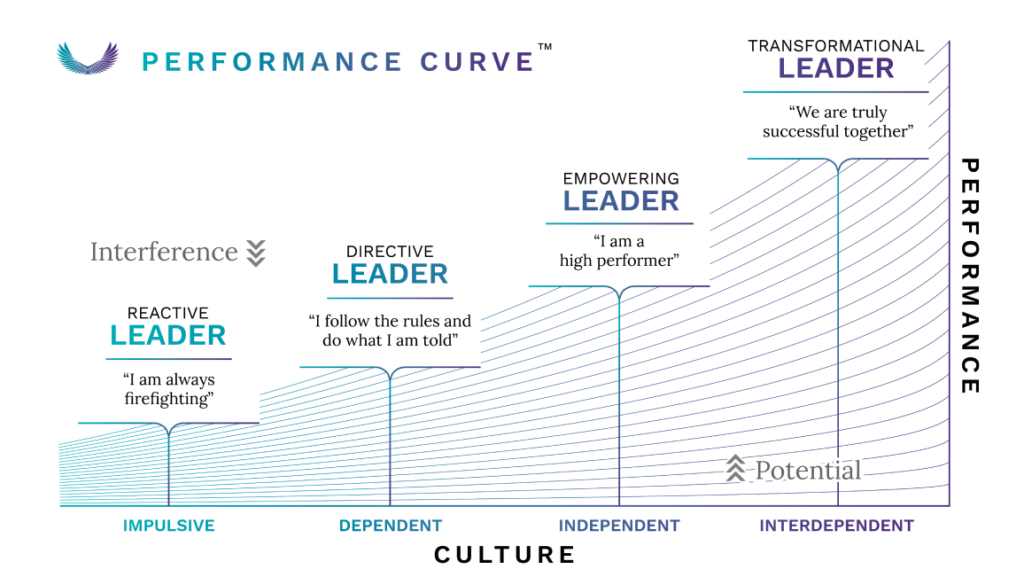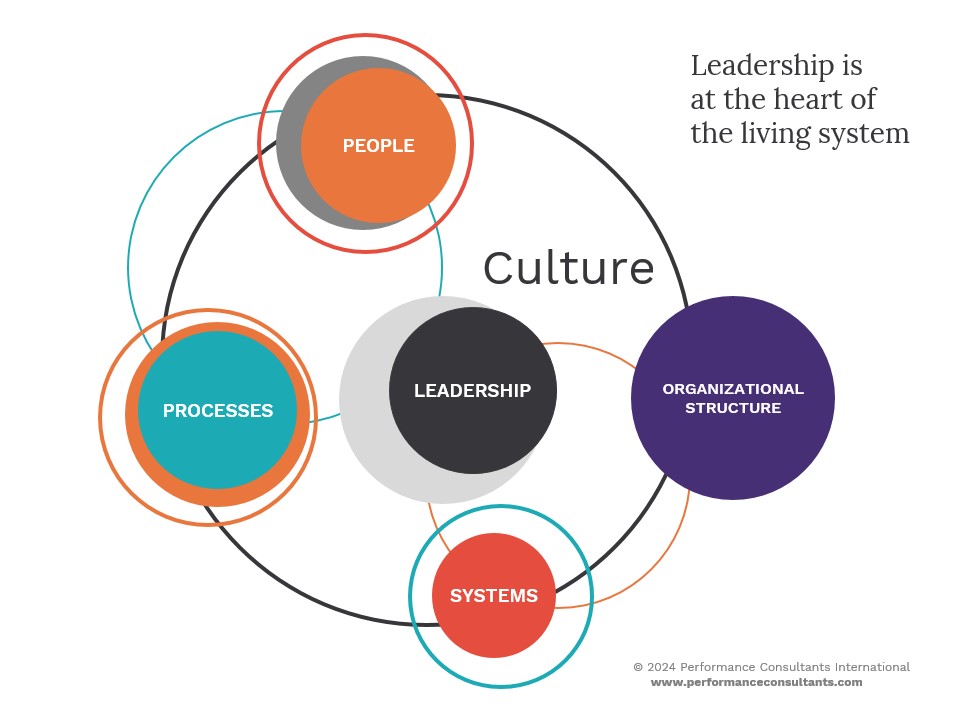High-Performance Cultures
Unlock the insights global organizations are discovering for sustainable high-performance cultures.

There’s an opportunity for organizations to become the platform through which people fulfill their potential.
Co-CEO, Performance Consultants
Tiffany Gaskell
Striving for excellence
High performance is one of the biggest challenges facing global businesses today.
Many organizations and teams want to achieve organizational excellence, but the competitor edge, is creating sustained high performance by unlocking the potential of their people.
The difference between quarterly crunch-time performance, and year-round high performance is a difference in culture.

What is a high-performing culture?
A high-performance culture is often described as a “collective mentality” where there is a strong community spirit and collaboration around a shared sense of purpose.The world of work
77% of the world’s workers are not feeling engaged according to Gallup
1 billion people need to be trained in new and evolving skills according to the World Economic Forum
70% of the variance in engagement is a result of the management and leadership according to Managing Director of Gallup EMEA, Claire de Carteret
It is critical to understand that high-performance cultures are founded on a deep understanding of how we behave as human beings
Co-CEO, Performance Consultants
David Brown
The workplace challenge
Organizations often fall into one of two traps when trying to measure and improve performance: They define it in terms of specific metrics without understanding what drives it, or they fail to quantify it all.
The Performance Curve™ allows organizations to pinpoint where they are when it comes to performance and advises on how to improve it.
The Performance Curve™
The Performance Curve™ allows for organizations to pinpoint where they are when it comes to performance, and advises on how to improve it.

Client story

Impactful Coaching Culture
A high-performing coaching culture was created through a three-stage approach including, research, training, and coaching. The results spoke for themselves, with a 387% ROI on better employee retention rates, increased efficiency, and savings through better budget management.


It was eye opening – I knew nothing about coaching, or these topics, and had never thought about the impact overall on the organisation.
I found the quality of topics and the two coaches very good – and I think every modern leader should be equipped with these contents.

40+ years of experience
From leadership behaviours to processes and systems, we draw on our 40+ years of transformation experience and world-class associates to build coaching mindsets and behaviours which encourage collaboration and empowerment to thrive.We design processes, structures and systems which are aligned to support and sustain the new culture.
And the results speak for themselves.

Holistic approach
The difference between quarterly crunch-time performance, and year-round high performance is a difference in culture.Culture doesn’t exist in a vacuum, it’s a product of all the elements of a living system. That’s why we take a holistic approach to culture transformation. Look at emotionally intelligent change, starting with how to balance all aspects of your living system.

Tailor-made
Culture transformation isn’t always a straightforward process, demanding dedication, time, energy, and expertise. With the right support, it becomes much more manageable. We’re here to guide you through understanding your current situation and charting a clear path from where you are to where you want to be.We ensure you, a smoother journey towards optimized performance.



